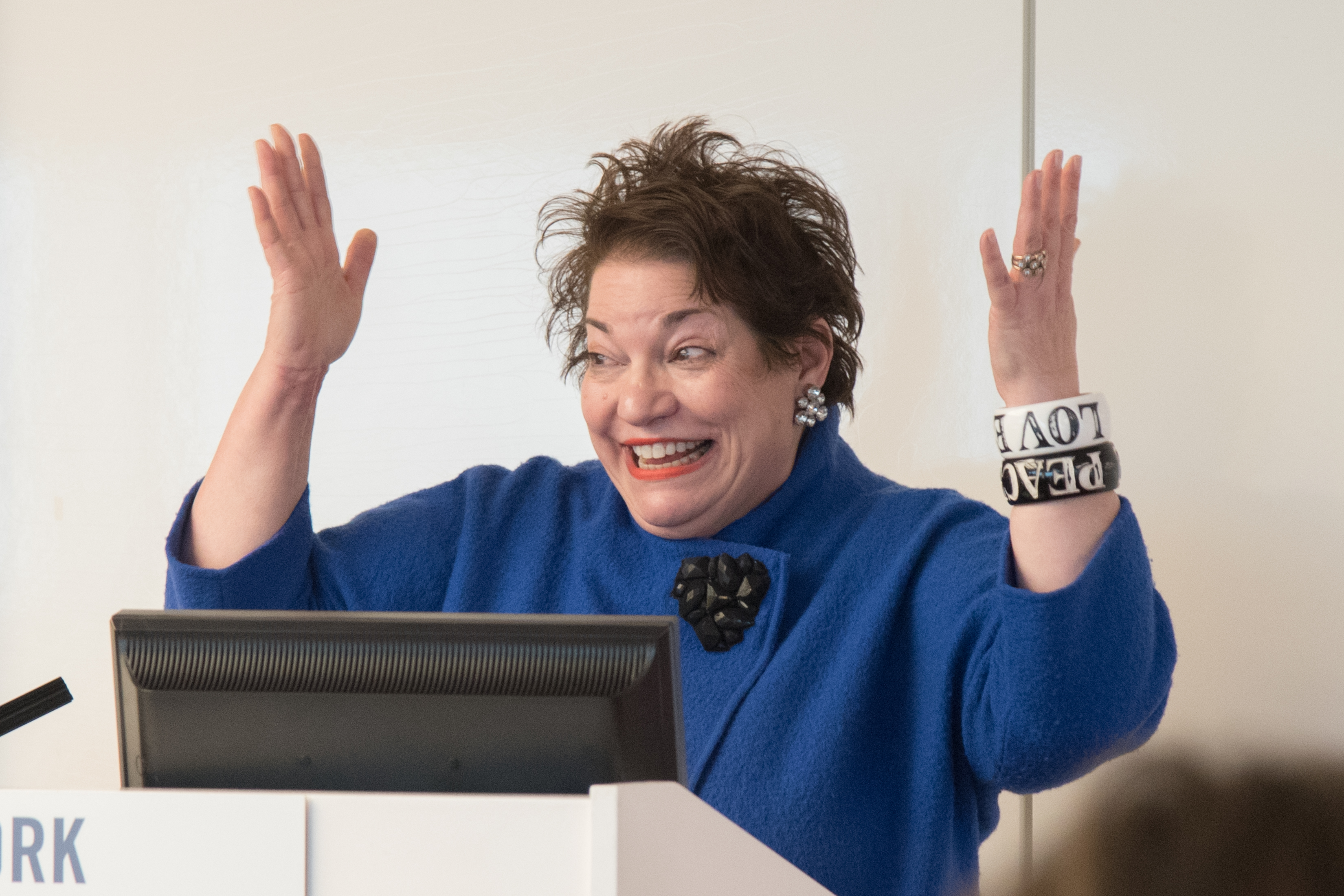In 1992, a record four women—Patty Murray of Washington, Carol Moseley Braun of Illinois, and Dianne Feinstein and Barbara Boxer of California—were elected to the U.S. Senate. The “Year of the Woman,” some in the media called it.
The euphoria didn’t last. The following year, the number of women seeking public office plumeted, prompting some to ask what happened? It was at that moment that the seeds for a campaign school for women were planted.
For the last 33 years, the Women’s Campaign School at Yale University has been helping to increase the number and influence of women in elected and appointed office in the United States and around the globe.
Patricia Russo, who serves as Executive Director of the school, recently spoke at a WILEF-sponsored event hosted by K&L Gates in New York, and explained the need for the school: Women simply face issues that men don’t and men have an easier time convincing themselves they can run.
Women by contrast continue to talk themselves out of running. Russo noted that the number one reason why women don’t run is the amount of money they need to raise.
“The numbers are daunting,” she conceded. “And ridiculous.”
Russo also noted that women think they have to research every issue themselves before deciding to run.
“This is the beauty of training,” she said. “It never occurs to a man that he needs to be trained because he knows everything. He just does. It’s just in his genes.”
Each year, the Women’s Campaign School offers a select group of women a five-day intensive course (everyday starts at 7:00 am and ends at midnight) that concludes with each presenting a case study before a Republican and Democratic judge.
Last year more than 300 applied for 80 spots. Russo said she expects the same amount of enthusiasm this year. On the Sunday after the Women’s March on Washington last month, Russo said the campaign school’s received 100 calls and 601 emails while its website crashed.
The enthusiasm is heartening but Russo warned that it needs to be tempered with reality; running for office is a major endeavor and many women are not ready. “I’m trying to be thoughtful about slotting them in appropriately so that that we don’t lose them,” she said.



